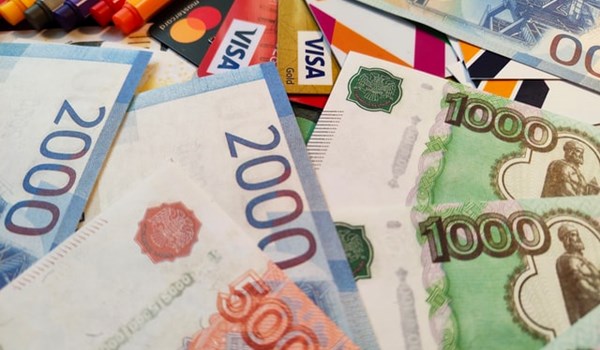Jurisdictions
Regions
Industry Sectors
11/03/22
GLOBAL REGULATION: EU lawmakers call to confiscate oligarchs’ assets to finance Ukraine.

As published on euractiv.com, Friday 11 March, 2022.
Some liberals and greens in the European Parliament have called for the EU to freeze and seize the assets of Russian oligarchs and use them to compensate Ukrainians for the damages they suffered.
As many among the Russian elite stash their wealth abroad, multiple billions of euros could theoretically be mobilised.
Following Russia’s invasion of Ukraine, the EU drew up a list of several hundred Russian politicians, officials, and business elites whose assets were to be frozen.
“We have to move beyond freezing the assets and to start using this money to compensate Ukrainians for damages”, the liberal member of the European Parliament Luis Garicano told EURACTIV.
Thus, he echoed a political position that the European Greens took earlier this week in a new policy proposal.
“Member States should be encouraged to ensure a proper investigation and judicial procedure in order to confiscate proceeds of corruption and money-laundering, and this should flow to a fund financing the Ukrainian recovery,” the proposal states.
In the US, some lawmakers have also started pushing to confiscate Russian oligarchs’ assets to finance the Ukrainian government.
A 2018 study by the researchers Annette Alstadsæter, Gabriel Zucman, and Nils Johannesen about who owns the wealth hidden in tax havens showed that a vast proportion of the wealth of Russia’s richest is held offshore.
One of the authors, Gabriel Zucman, suggested that these assets should be seized. Although the data for the graph above is from 2000-2009, it is expected that many in the Russian elite still own wealth outside Russia.
Russian oligarchs could hold several hundred billion euros of assets in the EU. In Switzerland alone, the Swiss newspaper Neue Zürcher Zeitung estimates that Russian-held assets could amount to up to €150 billion. Coincidentally, the Ukrainian GDP amounts to about the same sum.
Thus, if the frozen Russian assets could be seized and used towards paying damages in Ukraine, the funds could go a long way.
To actually confiscate the Russian assets, however, Garicano argued that the regulation aimed at implementing the sanctions should be reformulated.
Under the current regulation, banks have to inform national authorities by the end of May about all Russian deposits above €100,000.
“But that’s not how rich people hold their money,” Garicano told EURACTIV.
“They don’t have €95 million in deposits. The way they keep it is in real estate, yachts, and mostly securities like bonds and stocks.”
This is why Garicano argued for a reformulation of the regulation so that Russian property of any kind exceeding the value of €100,000 would be flagged to public authorities.
Moreover, he argues that banks should not be given until the end of May to make Russian assets transparent, but they should do it right away.
“I’m pretty concerned, to be honest. Do you think there’s going to be any oligarch with any deposits left in a European bank at the end of May?”, Garicano said.
The green party also aims at making sure that all property is taken into account when sanctions are decided. This is why it proposes to set up a European asset registry that shows the real owners of “all types of assets such as real estate, yachts, private jets and art,” arguing that this would facilitate imposing sanctions on oligarchs in the future.
“The EU must go all the way and shut down all avenues that facilitate corrupt politicians and kleptocrats’ activities in Europe,” the green member of Parliament Ernest Urtasun said in a press statement.



